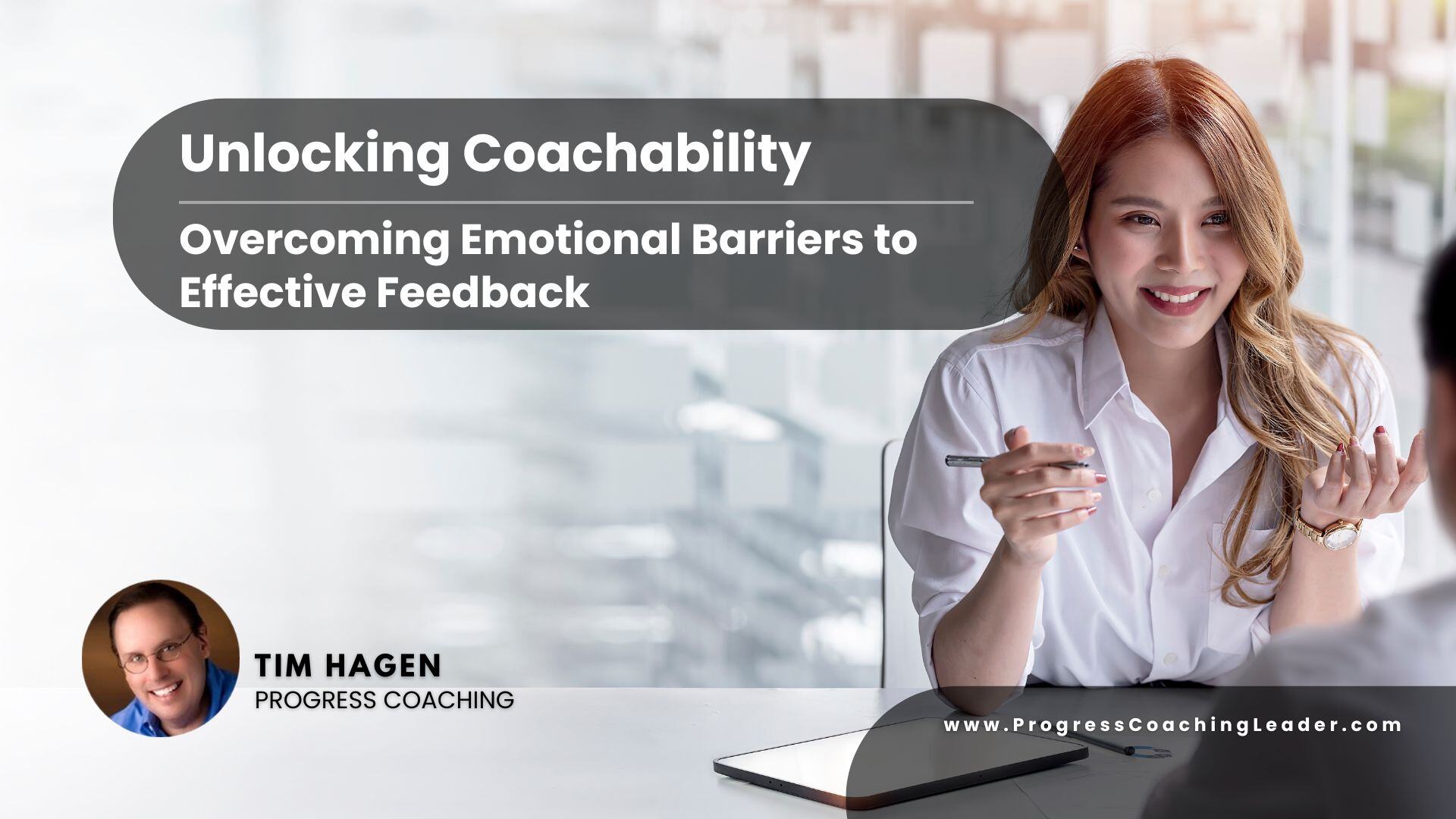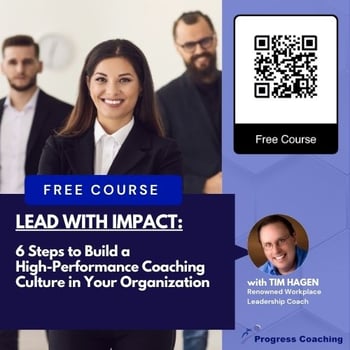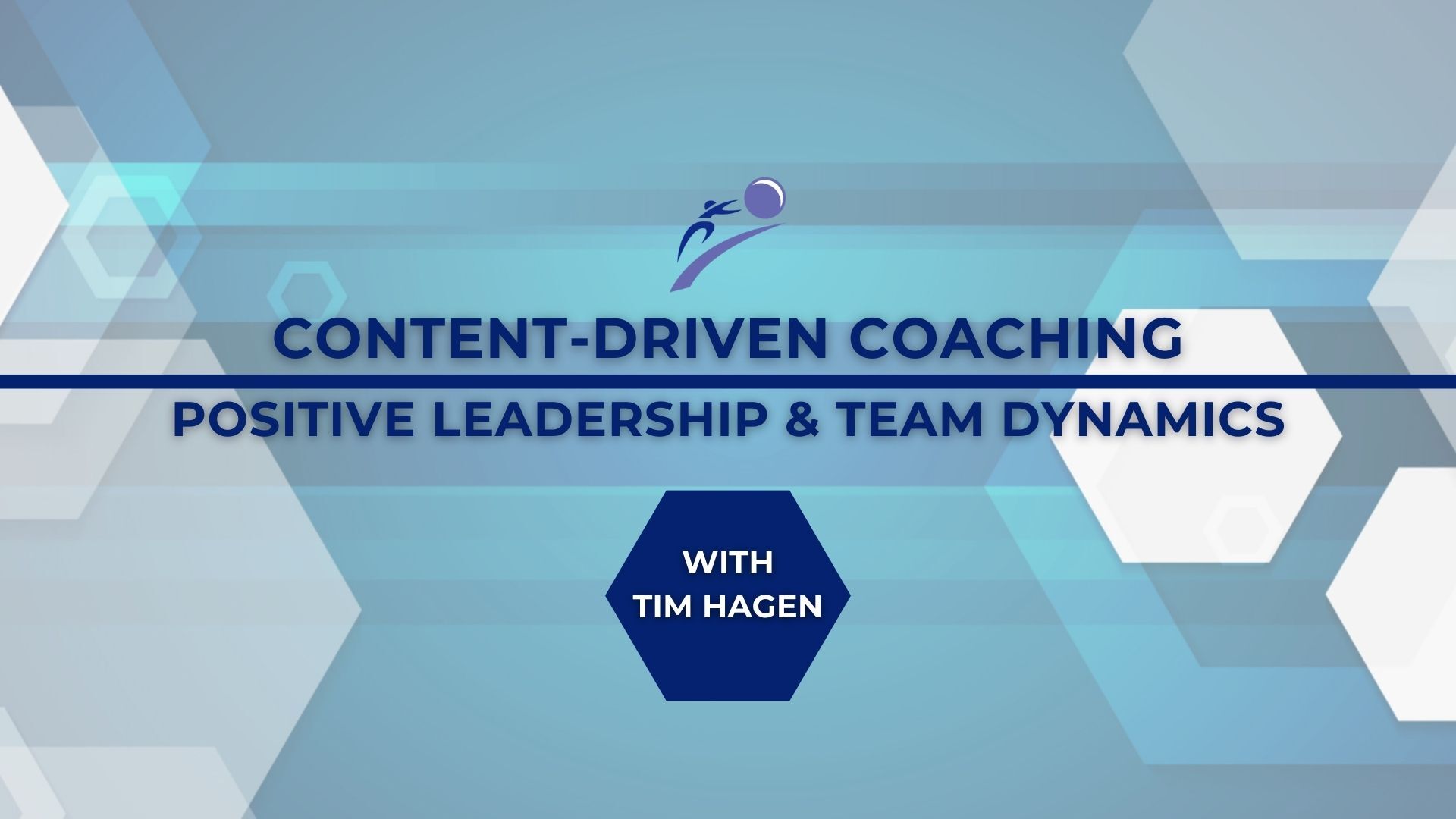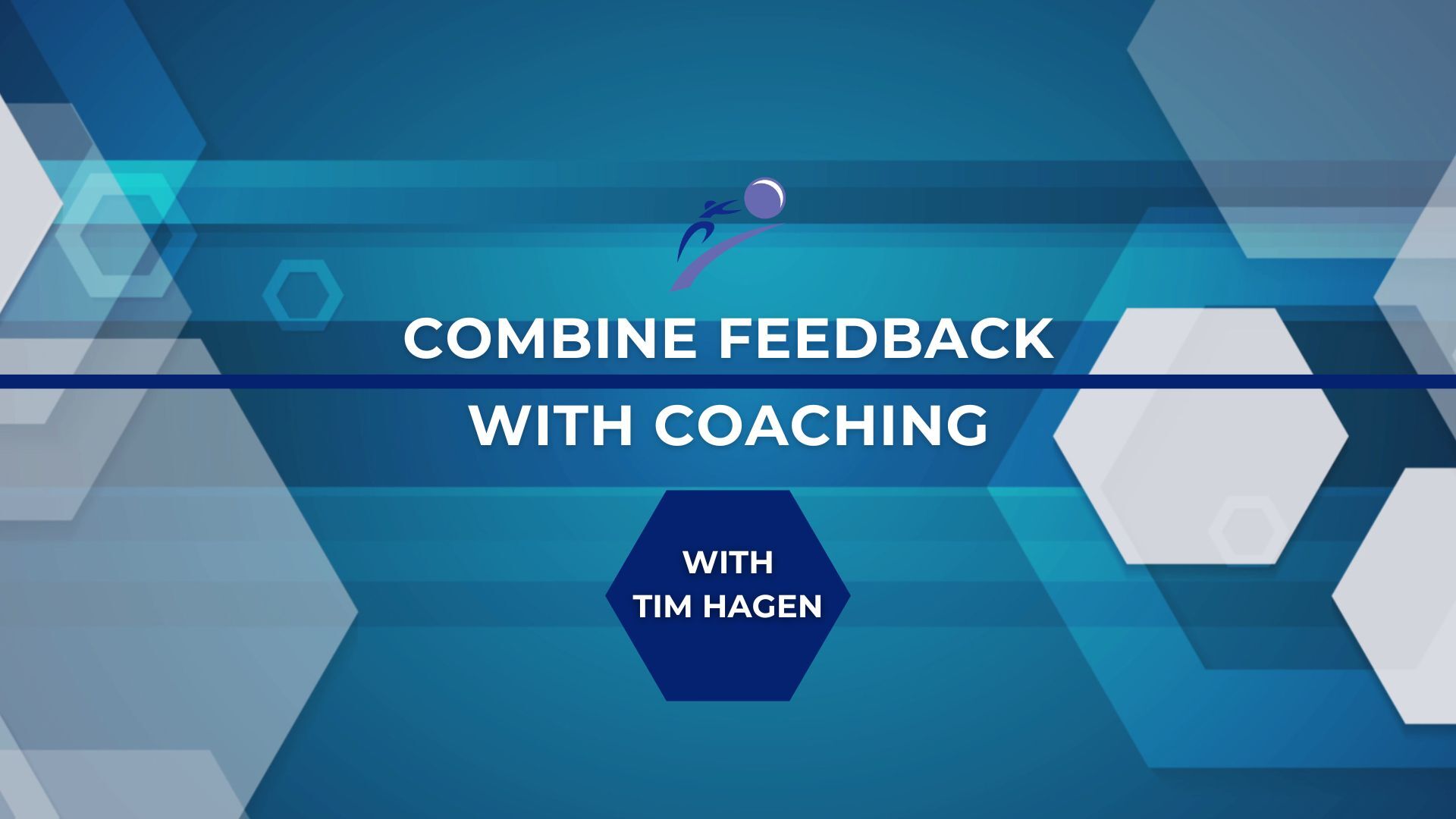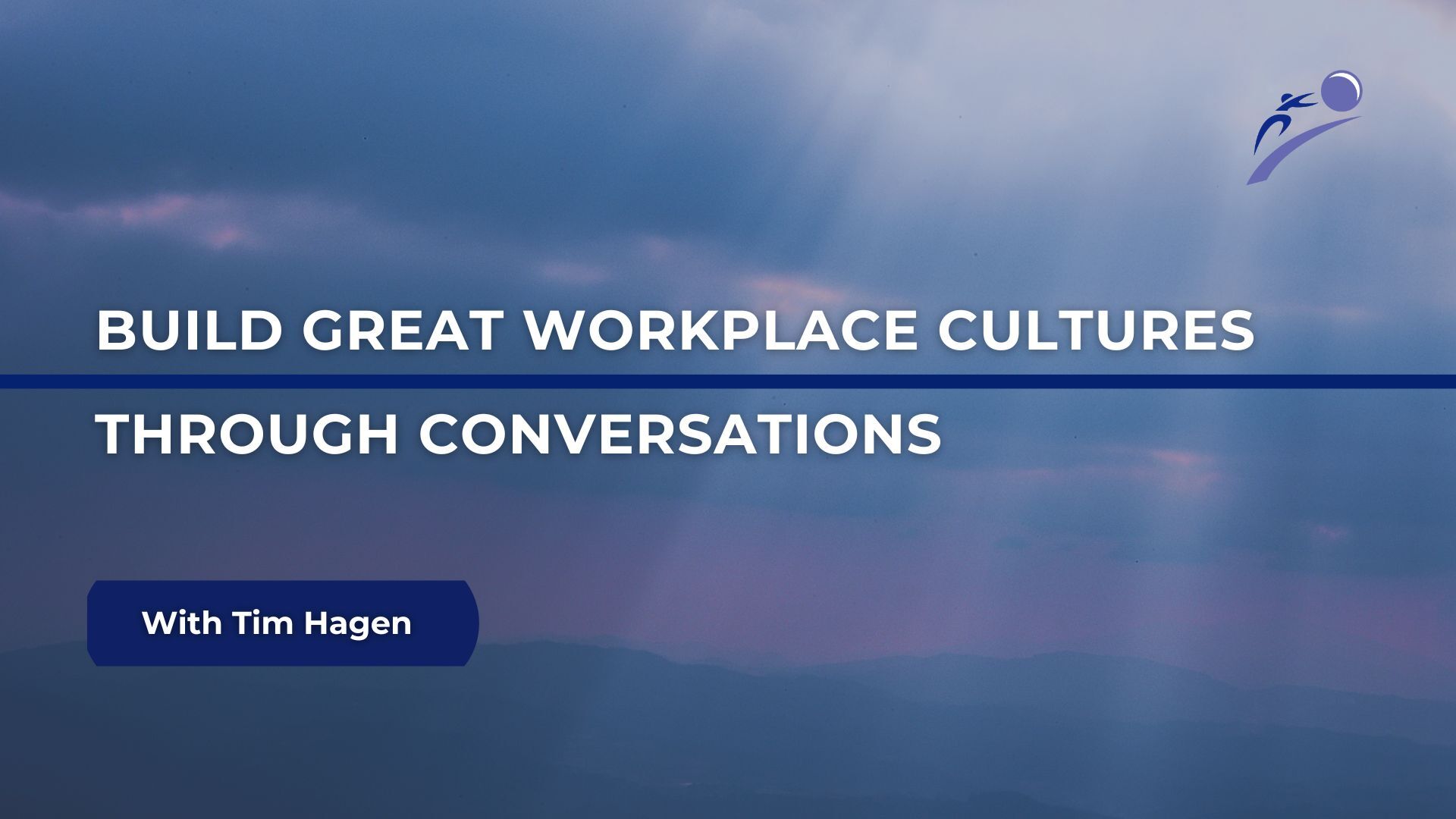Unlocking Coachability: Overcoming Emotional Barriers to Effective Feedback
What if your emotional reactions are the very things that block you from becoming more approachable and coachable? We uncover the hidden mental blockages that hinder our ability to accept and process feedback effectively. We shed light on the RIAR syndrome (React, Interpret, Articulate, Reflect) and how it distorts our perception during critical moments of feedback, leading to emotional reactions and misinterpretations
We share personal stories and practical strategies to identify and dismantle these mental blockages. Through vivid examples, you'll learn how emotional responses can cloud objectivity, affecting your interactions both at work and in your personal life. Enhance your self-awareness, improve communication, and approach feedback with greater ease and objectivity. Tune in to unlock the secrets of better coachability and open the doors to personal and professional growth.
When it comes to approachability and coachability, think about something called blockage.
Your heart can have blockage. If your heart or your valves get blocked, what happens? A heart attack, you can't breathe, and you struggle. Physically, I think we go through the same thing with mental blockages.
We all have mental blockages. What do we do? We tend to those blockages. How do we do that? We ask people for examples when we get feedback. Then that becomes a situational context that we explain away. "No, no, no. In that situation, John misunderstood me." Almost in a defensive manner at times, but explaining away that feedback is the mental blockage. We won't acknowledge it.
We all have those mental blockages. One of the toughest things to do, which is something we teach called RIAR. I call it the RIAR syndrome.
We React, we Interpret, we Articulate, we Reflect.
We rarely get to a point of reflection on our own. If somebody gives me feedback with, "Tim, I can't stand that shirt," my reaction is, "What a jerk, I spent a lot of money on this." The minute we have an emotional reaction--when we are not calm and especially when we hear things we don't like--what happens?
We tend to interpret. We tell ourselves something like he attacked me; this is a great-looking shirt.
Then we articulate. We start telling other people.
I'll give the most common example that happens in every workplace. When someone is called into the office or called into a virtual meeting with their boss and get feedback. When we're in person, fellow employees ask, "What did the boss say?" They're at a reactionary stage there. They've already interpreted, and they feel a certain way. When we hear things and we react emotionally, we lose objectivity. We subjectively start to narrate the story and then we articulate it to other people. "Well, he said my report was late. But what he doesn't understand is Julie was equally late." We hear people do stuff like that all the time at every company.
Think about the blockage you might have. Where do you get in your own way? Here's where I get in my own way. I'm very fast on my feet. I'm very skilled in coaching. Sometimes I need to slow down because I cut other people off and they're not as fast as me. I do that sometimes unintentionally, and it's at the expense of the other person. I unintentionally create a perception of not wanting to listen to them. While that's not my intent, that's the perception I leave with people when I don't consciously slow down.
So what's your blockage?
QUESTIONS TO ASK FOR COACHABILITY AND FEEDBACK
-
When it comes to your ability to be coached, what do you think is your greatest strength? What do you think might be hindering your ability to receive coaching?
-
What is one area you would like to explore when it comes to coaching, specific to your performance and career goals?
-
When it comes to feedback, where do you feel like you have two strengths?
-
What is that one area you need to improve when it comes to seeking and accepting feedback, ultimately raising your level of coachability?
-
How often do you seek out feedback from others? How often do you feel defensive when receiving feedback?
-
What steps do you feel you can take and put into action to make receiving feedback more positive and effective for your personal and/or professional development?
Boost your coaching and leadership game with our FREE COURSE to help leaders enhance their coaching abilities.
Lead with Impact: 6 Steps to Building a High-Performance Coaching Culture in Your Organization
This is a 7-day course with video lessons sent to your email throughout the week. You can watch the recorded lessons on your own time at your own pace.
Discover:
-
The best attributes of coaching
-
An efficient framework for coaching
-
The crucial tiers of learning
-
The 3 levels of change
-
The power of questions
-
and more!
Access the free course here: https://upvir.al/156009/lp156009

